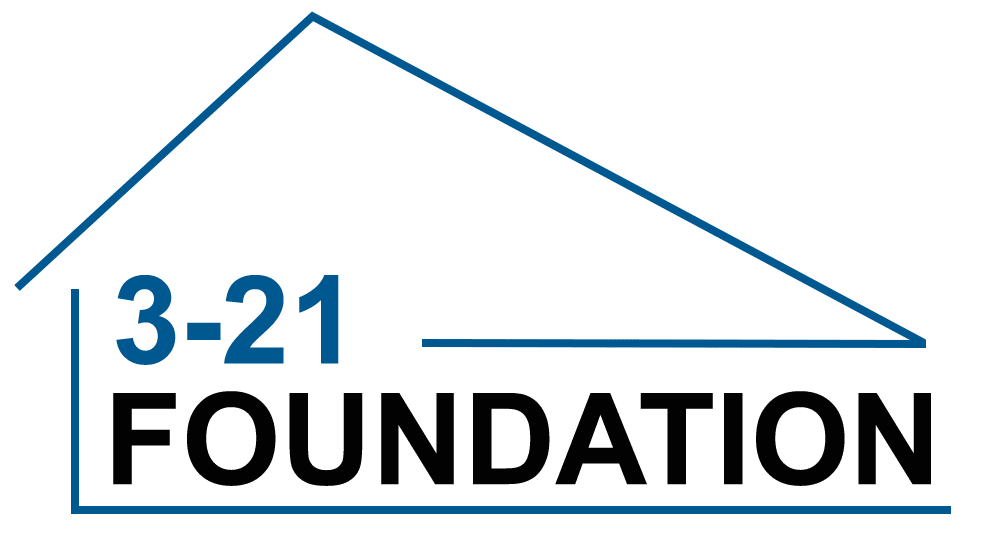Reader’s View: Building Acceptances
A Letter to the Editor of the Duxbury Clipper
We have recently learned that you have several students with Down syndrome in the Duxbury school district.
Although significant strides have been made in the past few decades in areas of health, education, and public perception of people with Down syndrome, many misperceptions still exist. Stereotypes and pre-conceived notions can limit opportunities for people with Down syndrome to live up to their full potential.
In the 1940’s, Dr. Spock recommended institutionalization for babies born with Down syndrome. Many individuals spent their lives without access to education or the outside world. That fact, coupled with the fact that Down syndrome is a low-incidence disability, and the life expectancy as recently as the 1980s was only 25 years of age, has shaped some of society’s outdated generalizations and expectations. Thanks to remarkable advances in medicine, the new life expectancy is 60 years of age. This has allowed for researchers to delve deeper into the role that the extra 21st chromosome has on lifelong development.
New advances in Down syndrome research have uncovered a great deal about how individuals with Down syndrome process information and learn. Students with Down syndrome have cognitive strengths that can support them in a general education classroom setting. Most children with Down syndrome are strong visual learners, and, with targeted instruction, some children have the capacity to learn to read whole words as young as 3 years old.
Read more at http://duxburyclipper.ma.newsmemory.com


Leave a Reply
Want to join the discussion?Feel free to contribute!